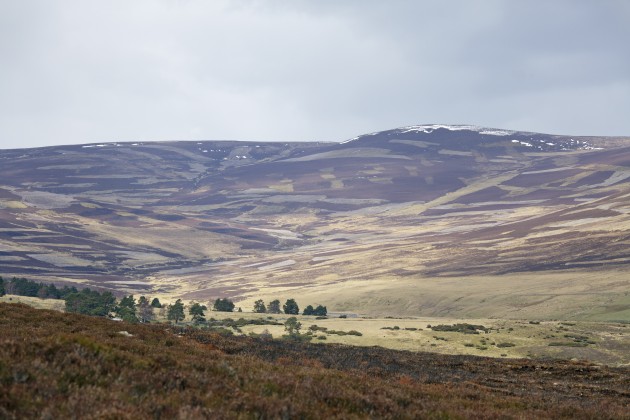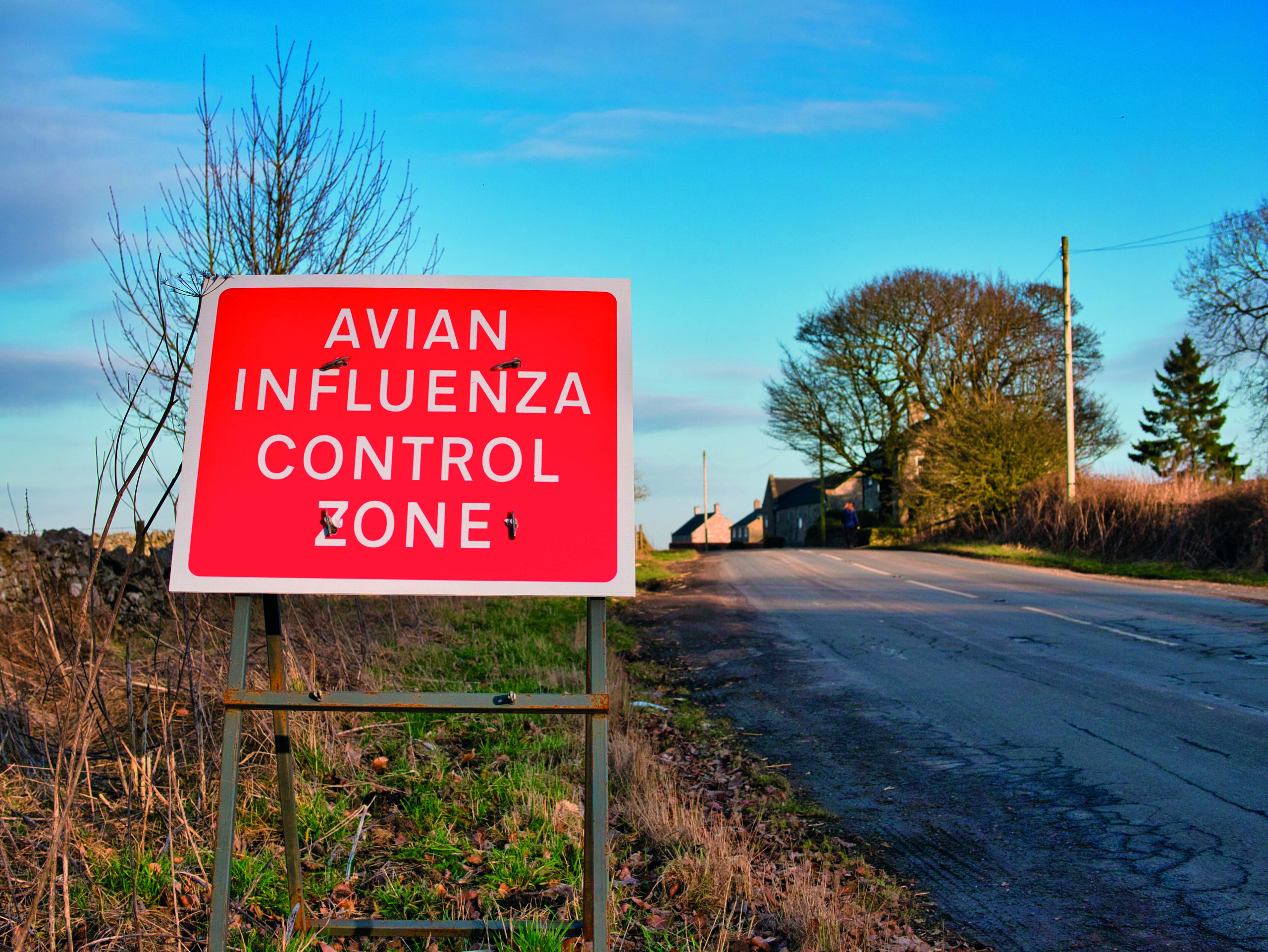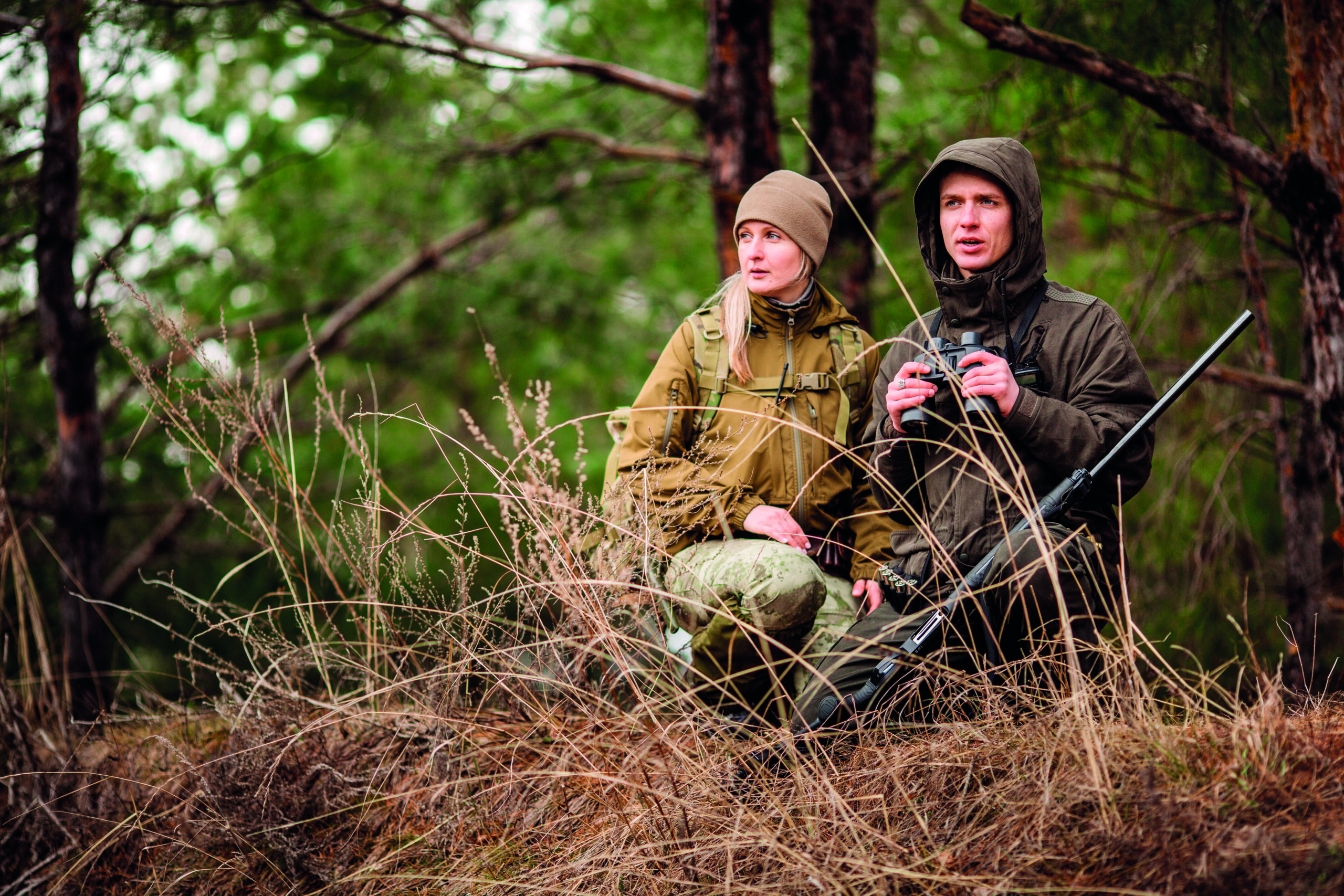Warning by Scottish Land & Estates over Land Reform Bill
The chairman of Scottish Land & Estates (SLE), David Johnstone, has voiced concerns about the Land Reform Bill’s intended aim, following the publication of the stage one report by the Scottish Parliament earlier this month.

No matter how remote your home, you'll know that you'll receive your favourite magazine …
Mr Johnstone commented: “The Land Reform Bill, as it stands, will have far-reaching and detrimental consequences for land-based businesses across Scotland, which employ many thousands of people and make a major social, economic and environmental contribution to rural communities.”
He also raised concerns about “any attempt to make the Bill even more radical than
it already is” and said that “will not help achieve the aim which is surely shared by us all — improving the prosperity of rural communities and the people who work in them.”
Reaction from The Scottish Gamekeepers Association
Meanwhile, The Scottish Gamekeepers Association has welcomed the Rural Affairs, Climate Change and Environment Committee’s report on Stage One of the Land Reform (Scotland) Bill.
A spokesman for The Scottish Gamekeepers Association said: “In particular, we back the need for a more robust assessment of economic, social and environmental impacts of ending the exemptions from non-domestic rates for shootings and deer forests.
“Whilst supporting fully the principle of community empowerment, careful consideration has to be given to maintaining that which is currently a source of resilience in our present communities, particularly in fragile rural areas.
“Shootings and deer forests, which can operate on marginal profitability, currently provide valuable employment, youth opportunity, tourism and spin-off business as well as vital land management at minimum public cost.
“The benefits of this helps to keep families in our glens and communities alive, which is surely the agreed collective aim of land reform. Indeed, some communities which have purchased land have themselves realised that sporting potential assists their own economic viability.
“We are pleased the Committee has recognised the fundamental role these activities play in rural communities and agree Scottish Government needs to provide a more rigorous analysis of community and economic impacts if it is to justify the removal of exemptions which currently remain in place for many similar rural industries such as aquaculture, forestry and farming.”
More comment by Scottish Land & Estates
David Johnstone of SLE continued: “The Rural Affairs, Climate Change and Environment Committee has, along with other Parliamentary Committees, subjected the Bill to close scrutiny – which we welcome – and has made recommendations on issues such as transparency of ownership and non-domestic business rates for sporting businesses which we support. The RACCE committee has made a very important intervention regarding the need for much more information on the impact of ending the rates exemption for sporting business and we appeal to the Scottish Government to take heed of this recommendation.
“However, we are concerned in other areas that any attempt to make the Bill even more radical than it already is, will not help achieve the aim which is surely shared by us all – improving the prosperity of rural communities and the people who work in them.
“We have raised concerns about the lack of clarity and detail in the provisions that would give Scottish Government Ministers the right to enforce the sale of land and we do not agree with the committee’s view that the thresholds for enforced sale could be too high. We support community ownership where there is a willing seller and buyer but strongly believe that enforced sale of land as detailed in the Bill runs a serious risk of breaching an individual’s property rights. We are extremely disappointed that the committee suggests it should be easier to enforce the sale of well managed land.
“In terms of the agricultural holdings section of the Bill, we agree with the RACCE committee that the Bill may not achieve its objective of maintaining or increasing the amount of land available to let. However, what the committee is suggesting – that the Scottish Government considers a right to buy for tenant farmers in ‘certain’ circumstances – could take us even further away from achieving that objective. There are already provisions in the Bill which would give a tenant the right to buy their farm where a landlord is in breach of his legal obligations and a pre-emptive right to buy already exists for farmers where the owner wishes to sell.
“Extending the right to buy provisions further would damage tenant farming in Scotland, especially for the next generation of farmers. Absolute right to buy was firmly taken off the table by the Agricultural Holdings Review Group – putting it back on the table even in limited circumstances is a backward step for the industry and the detrimental impact of the inclusion of this within the report should not be under-estimated.
Mr Johnstone warned: “There has been so much rhetoric surrounding the Bill – particularly outwith the parliamentary process – that has been about ‘righting historic wrongs’ or ‘giving lairds a bashing’, that many landowners fear the Bill could be in danger of becoming more about inflicting punitive measures on landowners rather than about meaningful reform to benefit all. We wholeheartedly agree that Scotland’s land should be used for the benefit of the many and believe that both private and community ownership have an important role in delivering that benefit. We will continue to work constructively with the Scottish Government and parliamentarians to achieve that objective and appeal for the contribution of land-based businesses to be recognised during the remainder of the parliamentary process.”
Keep an eye out in Shooting Times for more on this breaking story.








